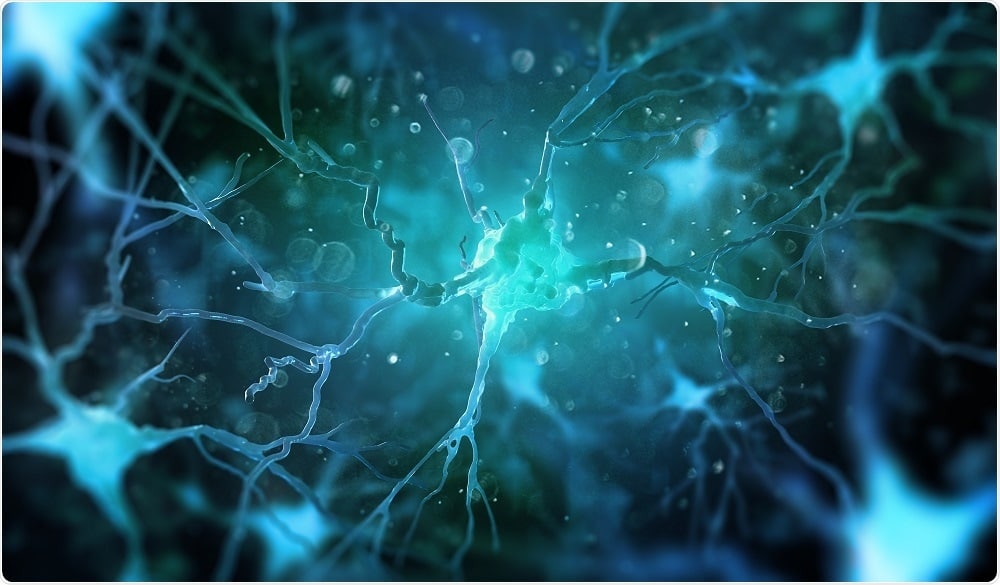New research has debunked the popular belief that the body stops producing new brain cells once adulthood is reached. Brain cells are now known to reproduce in various areas of the brain including the cerebral cortex, olfactory bulb, amygdala, hypothalamus, hippocampus, and the striatum. Neurons reproduce every day it is called neurogenesis and is added by neurotransmitters such as serotonin, glutamate, gamma-aminobutyric acid, and dopamine; with the biggest players being brain derived neurotrophic factor and nerve growth factor.
Growth of brains cells is encouraged by BDNF and it maintains health and function of existing cells while helping to stop inflammation, increase brain plasticity, and help protect from neurodegenerative diseases. NGF is involved with growth of nerves.
Neurogenesis is important, especially in those suffering from brain related conditions, stimulating neurogenesis is known to reverse effects of neurodegenerative diseases such as dementia; dysfunctional neurogenesis is linked to stroke, epilepsy, depression, and brain tumors among others.
Neurogenesis and the process of brain cell growth continues well into adulthood and during senior years, but tends to decline as advancing through years which is just one of several factors that impact brain cell production. Neuron growth can be inhibited by certain drugs such as observed in chemotherapy and antibiotics medications. Weight may also impact brain cell growth, inflammation in the hypothalamus caused by obesity or aging can disrupt neurogenesis, the inflammation is linked to increased risk for neurodegenerative disease. High glucose environments may not be conducive to brain cell production and may impair the development of brain cells.
Neurogenesis may be promoted best by maintaining a healthy lifestyle including a healthy balanced diet rich in antioxidants, omega-3 fatty acids, flavonoids, resveratrol, and curcumin. It is not just what you eat but also how you eat that matters, chewing food well before swallowing, limiting caloric intake and intermittent fasting have been shown to benefit neurogenesis. Physical and mental exercises have been shown to improve brain cell production such as yoga, aerobics, and solving puzzles which helps to keep the brain active and functional; those that do have been found to have larger hippocampus regions. Sleep is one of the best ways to promote neurogenesis, chronic lack of sleep can impair brain cell production; exercising the day after bad sleep is suggested to offset BDNF that may have been lost.




